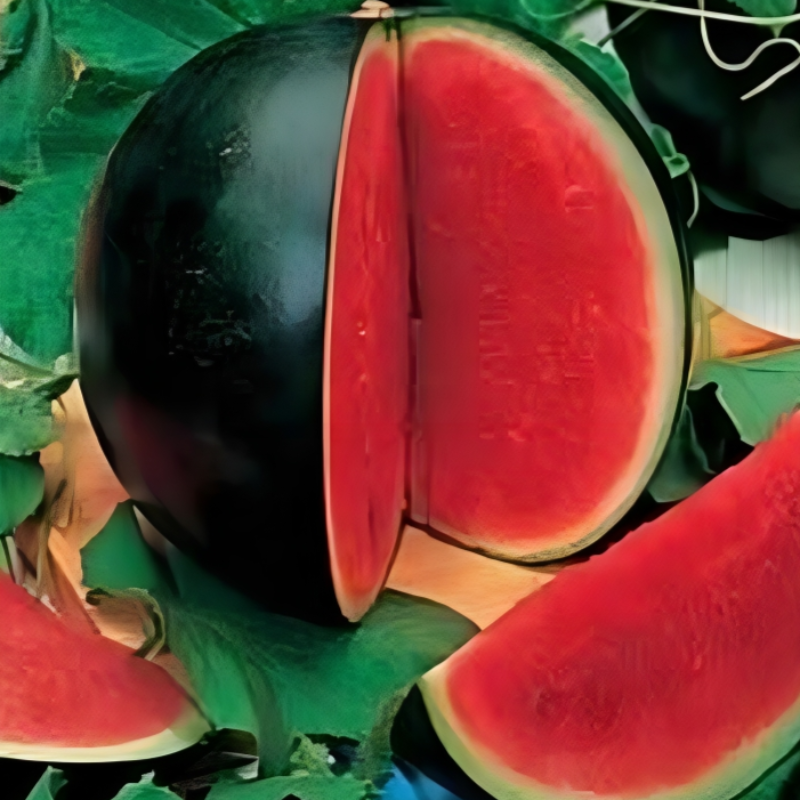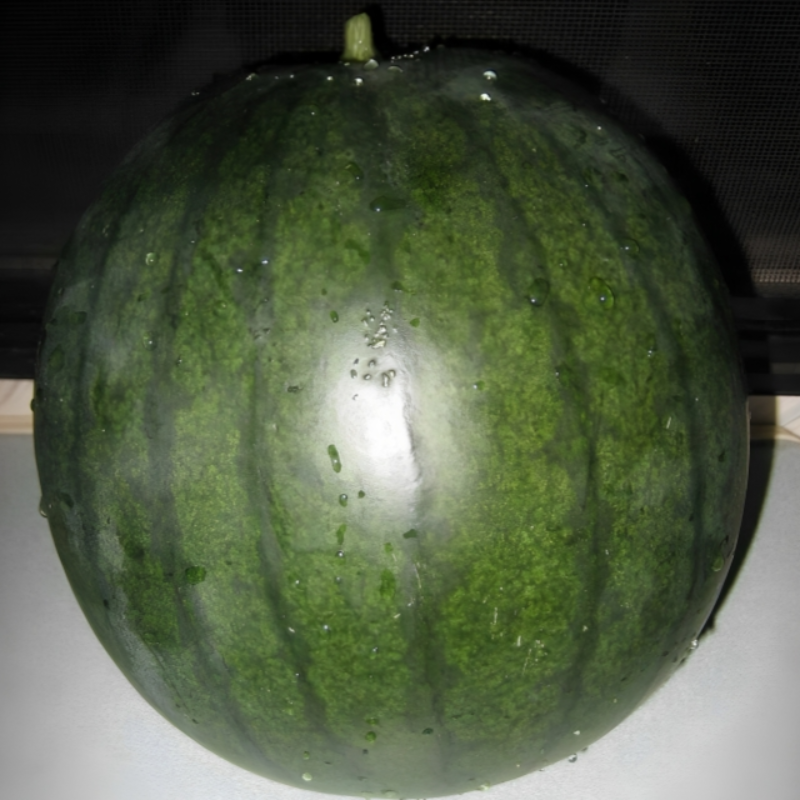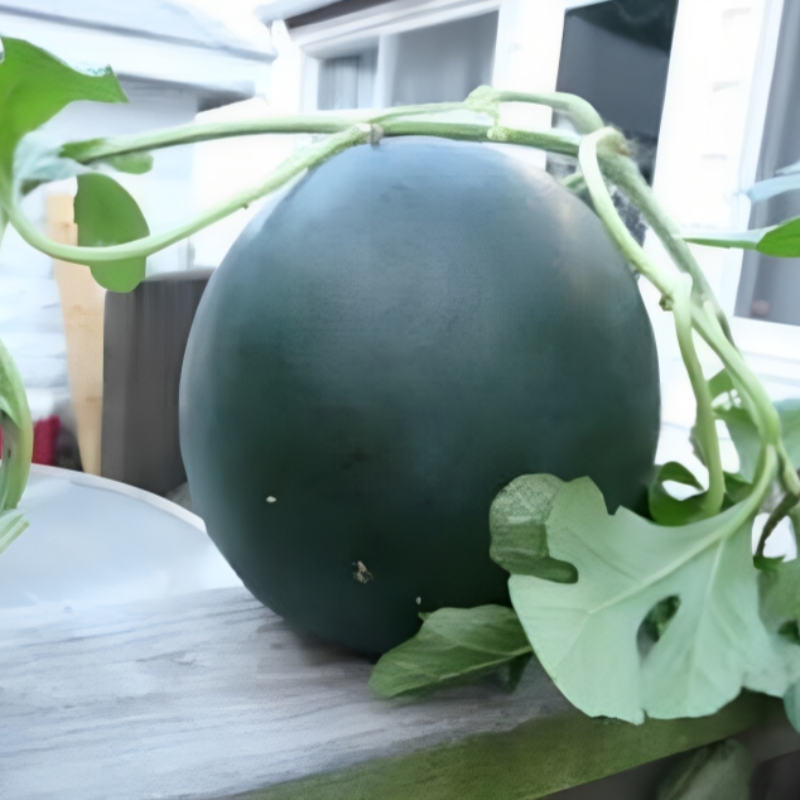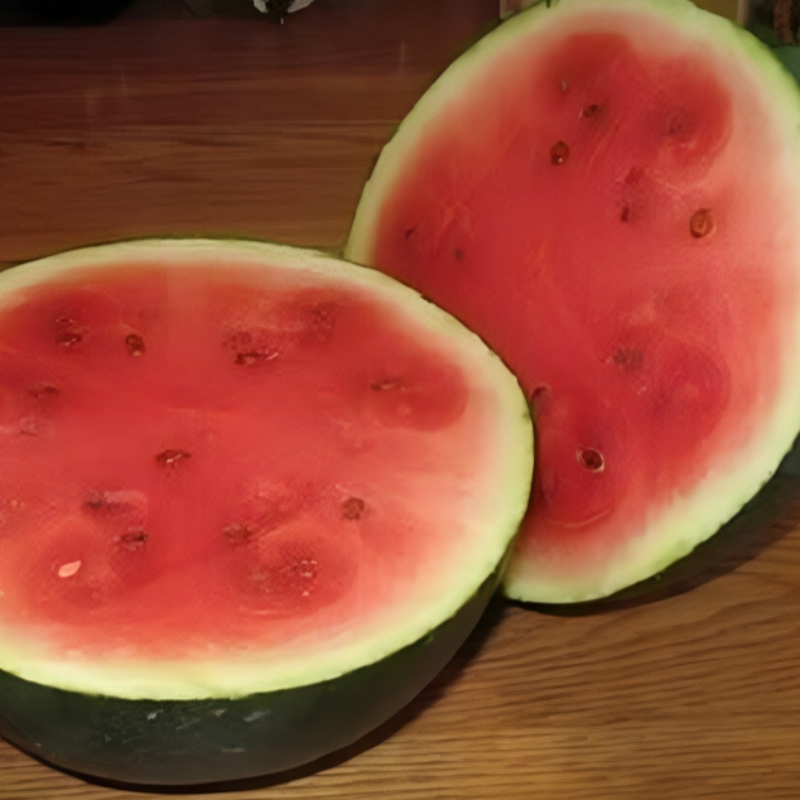- Historical context: Watermelons have been cultivated for thousands of years, with evidence of their cultivation dating back to ancient Egypt. They were depicted in hieroglyphics and were placed in the tombs of pharaohs as a source of nourishment in the afterlife.
- Geographical origination: Watermelons are believed to have originated in the Kalahari Desert region of Africa. From there, they spread to the Mediterranean region and eventually to other parts of the world.
- Relevant cultural significance: Watermelons hold cultural significance in many societies. In China, they are often given as gifts during the Lunar New Year. In the United States, they are a popular summer fruit, often associated with picnics and barbecues.
- Time period of discovery: Watermelons were first domesticated around 4,000 years ago in Africa.
- Original habitat: The original habitat of watermelons is the semi-arid regions of Africa, where they grew wild.
- Notable historical uses: Historically, watermelons were used not only as a food source but also for their water content, which was valuable in arid regions. They were also used in traditional medicine to treat various ailments.
- Ideal temperature range: Watermelons thrive in warm temperatures, ideally between 70°F and 85°F (21°C to 29°C).
- Soil type: They prefer well-drained, sandy loam soil with a pH between 6.0 and 7.5.
- Sunlight requirements: Full sun is essential for optimal growth, requiring at least 8 hours of direct sunlight per day.
- Watering needs: Watermelons need consistent moisture, especially during flowering and fruiting. However, overwatering can lead to root rot. Drip irrigation is recommended to keep the soil moist but not waterlogged.
- Planting season: Plant seeds in late spring to early summer when the soil temperature has reached at least 70°F (21°C).
- Germination time: Seeds typically germinate within 7 to 10 days under optimal conditions.
- Growth cycle duration: Watermelons generally take about 80 to 100 days from planting to harvest, depending on the variety.
- Common pests and diseases: Common pests include aphids, cucumber beetles, and squash bugs. Diseases such as powdery mildew, downy mildew, and fusarium wilt can also affect watermelons.
- Companion planting advice: Good companion plants for watermelons include corn, radishes, and beans. Avoid planting near potatoes and cucumbers, as they can attract similar pests.
- Common challenges and solutions: Challenges include managing pests and diseases, ensuring proper pollination, and preventing fruit cracking. Solutions include using row covers to protect young plants, applying organic pesticides, and ensuring consistent watering.
- Nutritional values: Watermelons are low in calories and rich in vitamins A and C. They also contain antioxidants such as lycopene and beta-carotene.
- Health benefits: Consuming watermelons can help with hydration, improve heart health, reduce inflammation, and support skin health due to their high water content and nutrient profile.
- Culinary uses: Watermelons are commonly eaten fresh, but they can also be used in salads, smoothies, and desserts. The rind can be pickled, and the seeds can be roasted and eaten as a snack.
- Medicinal uses: In traditional medicine, watermelon seeds have been used to treat urinary tract infections and improve kidney function. The fruit itself is often used to alleviate heatstroke and dehydration.
- Other unique advantages: Watermelons are a refreshing and hydrating fruit, making them ideal for hot weather. They are also a good source of natural sugars, providing a quick energy boost.










